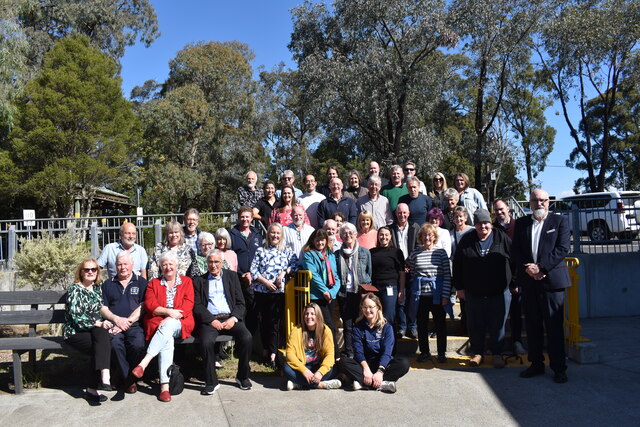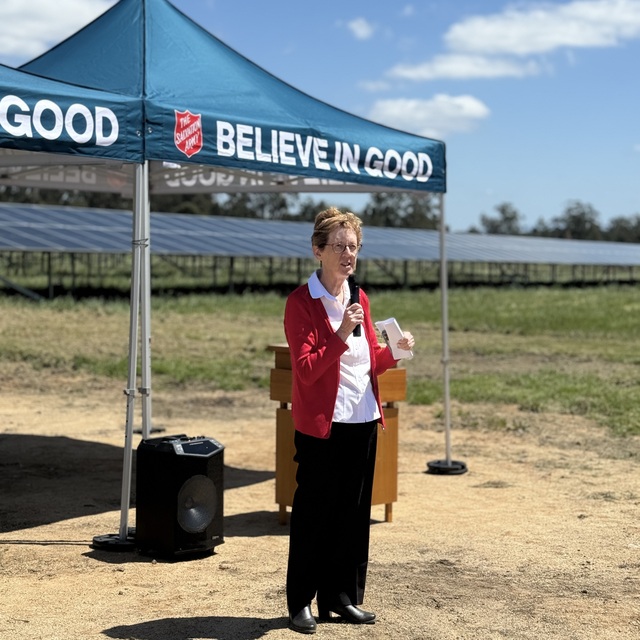Cardinia Shire Council has adopted its Revenue and Rating Plan for 2025–2029, but not without strong criticism from some councillors who say the system remains inequitable and out of step with the needs of a changing community.
Passed at Monday night’s council meeting, the plan outlines how the council will generate income over the next four years to fund essential services and infrastructure.
Over 50 per cent of council revenue is currently funded by rates. The council continues to actively seek alternative revenue sources to help reduce the reliance on rate revenue to fund essential services and infrastructure for the community.
The plan includes differentials of rates across the shire’s land; all currently remain the same except Urban Vacant Land, which has dropped from 229 per cent of the base rate to 200 per cent.
Farm Land will stay at 75 per cent of the rate, Urban Residential at 107 per cent and Urban Industrial and Commercial 145 per cent.
The Revenue and Rating Plan has been updated to provide additional scope for seeking out revenue streams independent of rate revenue and further enhance the importance of alternate revenues as the cost-of-service delivery continues to rise at a higher rate than annual rate increases.
This Plan has been developed by council officers in consultation with councillors. The council sought community feedback on the Draft Revenue and Rating Plan through community consultation between 15 April 2025 and 9 May 2025.
However, no community submissions were received, prompting concerns about a disconnect between Council and the community.
The plan passed with the support of seven councillors—Cr Owen, Cr Pomeroy, Cr Ross, Cr Roberts, Cr Potter, Mayor Kowarzik, and Cr Thomsen while Cr Nickell and Cr Paton voted against it.
Cr Roberts backed the plan, welcoming both the current plan and the prospective review to commence later in the year.
“This provides small relief to those who may be waiting for their building of a home to commence or experience delays in their building schedule,” she said.
“Our overall revenue and rating plan needs an overhaul and I look forward to quality consultation with the community on this in the coming year.”
Cr Potter emphasised the importance of considering the needs of Cardinia’s diverse community.
“We have everything from urban growth corridors, new Australians and families, who’ve put everything they’ve got into building their first home, families renting, people watching every penny and budgeting their brains out, to more established residents, proud multi-generational families calling Cardinia home, and farming communities,” she said.
“So from the urban growth corridor to the hills through to the farming railway towns, we need to be equitable and listen to everyone’s story and treat this with great respect.
However, Cr Paton delivered a passionate critique, stressing that the council should “deliver a rating system that is fair and equitable across all of the categories”. She also warned other councillors that policy decisions made on paper have real human consequences.
“It needs to respect the people who have sustained this land long before development was ever considered. Equity means recognising the difference between land speculation and land stewardship,“ she said.
“If growth is being driven by developers and government planning, then they should be paying for it, not the people who are trying to keep producing food, supporting families and holding their communities together. When you increase the rates farmers have to pay, you’re not just hurting individual landholders, you’re increasing the cost of food production.
“When food production costs rise, so too does the cost of living for everyone. That hits the most vulnerable in our community the hardest. It adds pressure to the already strained households, contributes to mental health issues, stress, even suicide and domestic violence.“
She reflected on a recent town planning meeting, where it was noted that farmers are at a critical point, struggling after a prolonged drought.
Cr Paton and Cr Nickell have argued that the rates drawn from farmers are disproportionate to their overall minority population in Cardinia.
“They are completely reliant on the next spring season to decide whether they can even have any income for the coming year at all,“ she said.
“I think we’ve not done our job. We haven’t delivered the relief that we need to do and for that I can’t support it.”
The council will revisit differential property rate classifications later in 2025, with any proposed changes to undergo extensive community consultation and be reflected in the development of the 2026–27 Budget.







